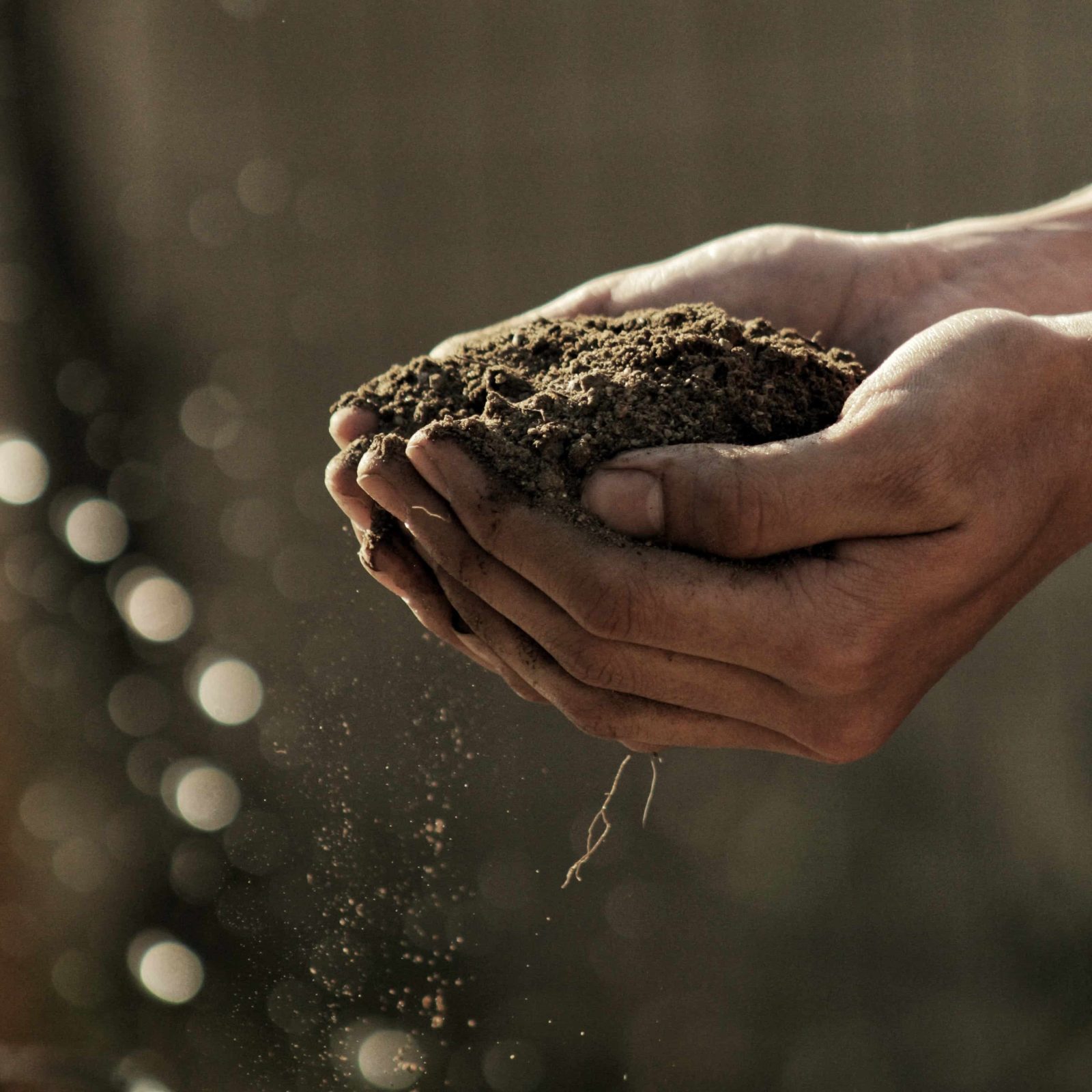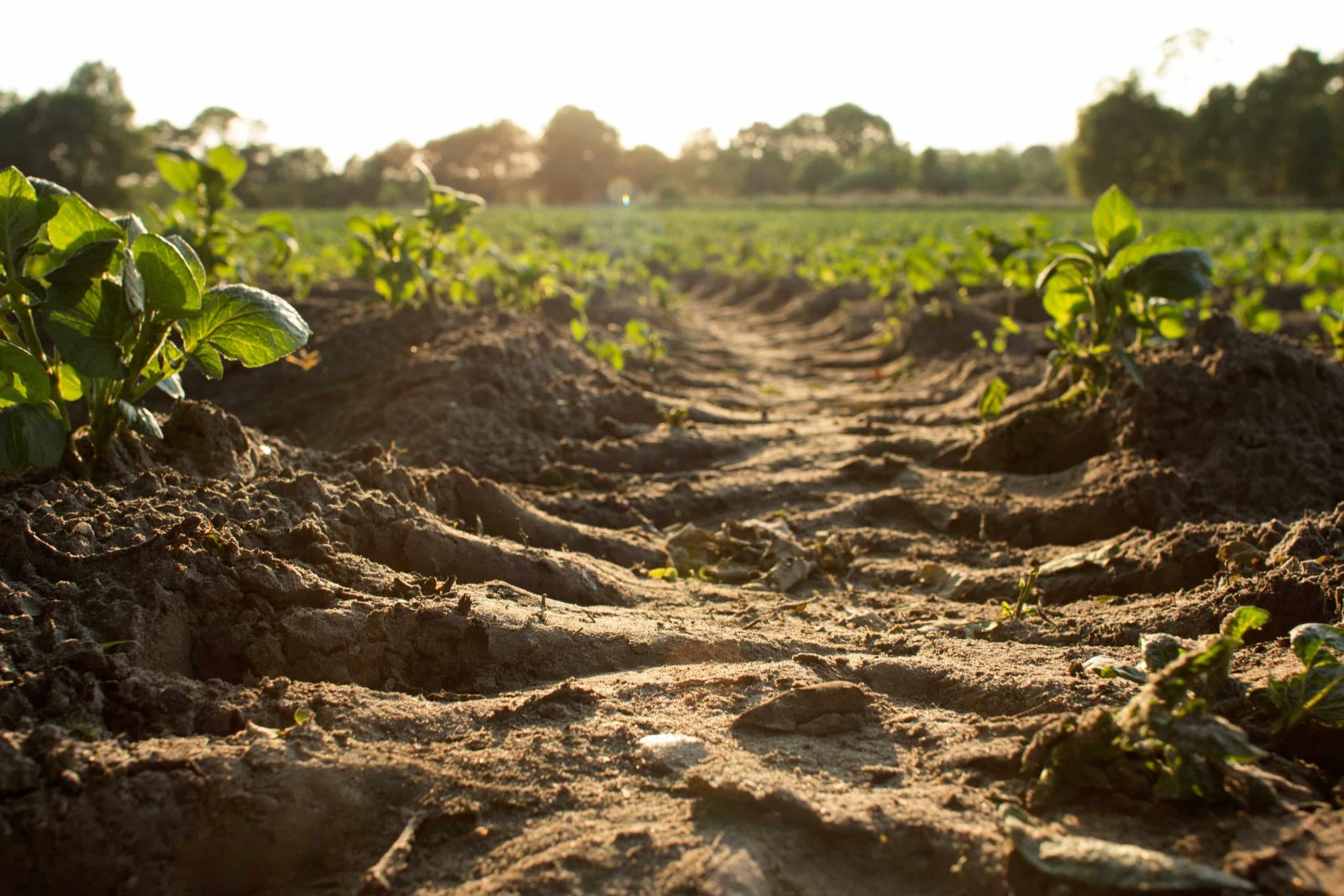Conservation farming: Actisol’s values
Since its creation, our company has followed the guiding principle of working with respect for and in correlation with the ecosystem of your plots. Our vision of farming is directed towards improving your soil capital.

What is conservation farming?
The term conservation farming first appeared in 1997 and was developed to compensate for the intensive farming of the previous 50 years which was depleting the soil.
This agroecological farming model focuses on the work of farmers in partnership with nature and the elements for more respectful, profitable, and balanced farming from a chemical, ecological, and structural point of view.
Soil conservation farming (SCF) is the name for a set of farming techniques used to protect the wealth of the soil (arable land) and improve degraded land. It helps increase soil capital by promoting biological and microbial life
which contribute to the necessary exchanges of healthy soil and the conservation and restitution of water. SCF increases the long-term productivity of a plot using fewer inputs.
How to implement conservation farming
Conservation farming calls for a preliminary study of the soil, tillage practices, and the farmer’s objectives.
Planting permanent plant cover between the crops or in production is the basis of SCF. Exchanges between the soil and the plant are essential in order to maintain and develop a rich and active life.
The plant cover is chosen according to the requirements of the climate, plot soil, and the farm. There are three families of plant cover, each having its own uses.
Planting a combination of these species guarantees maximum yield depending on the weather:
- Cruciferous plants drain the soil and explore it with their root system
- Grasses act on the first centimetres of the soil and play a role in maintaining the structure
- Legumes are considered the pantry of the soil. This family provides nitrogen to the cover plants which is then returned to the crops that follow.
The plant cover provides what the soil needs by maintaining its structure and avoiding compaction.
SCF recommends reduced tillage, direct sowing, and a reasonable supply of inputs to impact the natural biological activity of the soil as little as possible. This reduction in tillage helps conserve the organic matter present in the soil in order to return it to the crops.
This farming system also recommends diversifying crops on a plot, with long rotations. The latter prevents the same soil resources from being depleted and renews them.

Benefits of conservation farming
By taking up the three SCF pillars, one of the first benefits is the reduction in fossil fuel expenditure. By limiting tillage, the fuel consumption of motorised machinery decreases significantly, limiting GHG emissions.
Just like the reasoned use of inputs, the savings generated by the implementation of this agroecological technique has a positive impact on farmers’ expenses. In addition, the life of the soil is protected as it is no longer destroyed by repeated passes of machinery.
The return of terrestrial and aerial biodiversity thanks to permanent plant cover is an undeniable benefit. In addition to soil organisms, including earthworms, planting plant cover also benefits flying wildlife. Plant cover leaves an aerated, temperate soil, which retains humidity, no longer leaches, and stores the nutrients needed by crops. Weed proliferation is also limited.
Destroying this plant cover returns organic matter, essential to soil fertility, and the organisms populating it to the soil.
Crop rotation also slows the development of diseases and pests impacting production. Conversely, beneficial insects and biodiversity are naturally promoted.
Actisol and soil conservation
Conservation farming has been at the heart of Actisol’s thinking since the 1960s. Our machinery is designed to till vertically, respecting agronomic rules, which is important for us.
With Actisol’s invention of the cracking technique, we create mechanical macroporosity fostering deep root growth. At Actisol, this is called profile verticalisation.
The Actisol straight tooth – fine and fluid – penetrates the soil without turning over or upsetting the horizons in order to preserve the fertile layers while leaving the more sterile layers deeper. As such, microbial life and flora remain in their environment to optimise their role in the topsoil.
Actisol is the pioneer in this method and this unique technical process. Preserving your soil capital is our primary objective. Our entire range has been designed according to your requirements and to respond to your farming, winegrowing, or market gardening issues.
We continually innovate and adapt our farm machinery to avant-garde or more conventional requirements. Versatile and durable over time, our machinery follows the shift towards more sustainable and sustainable farming.




